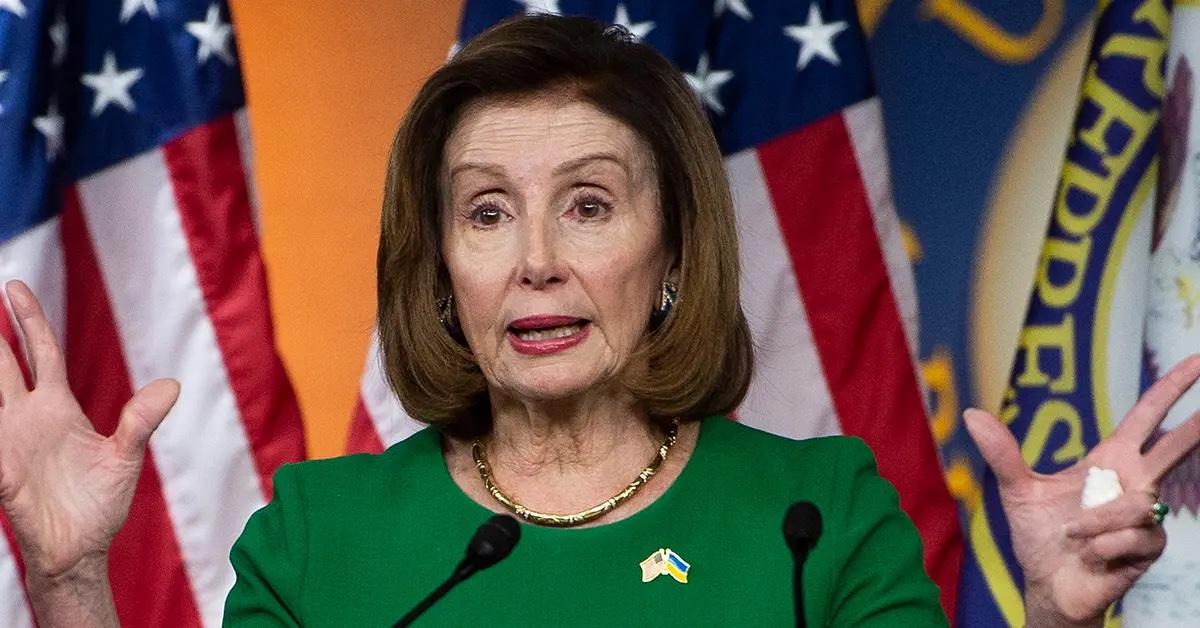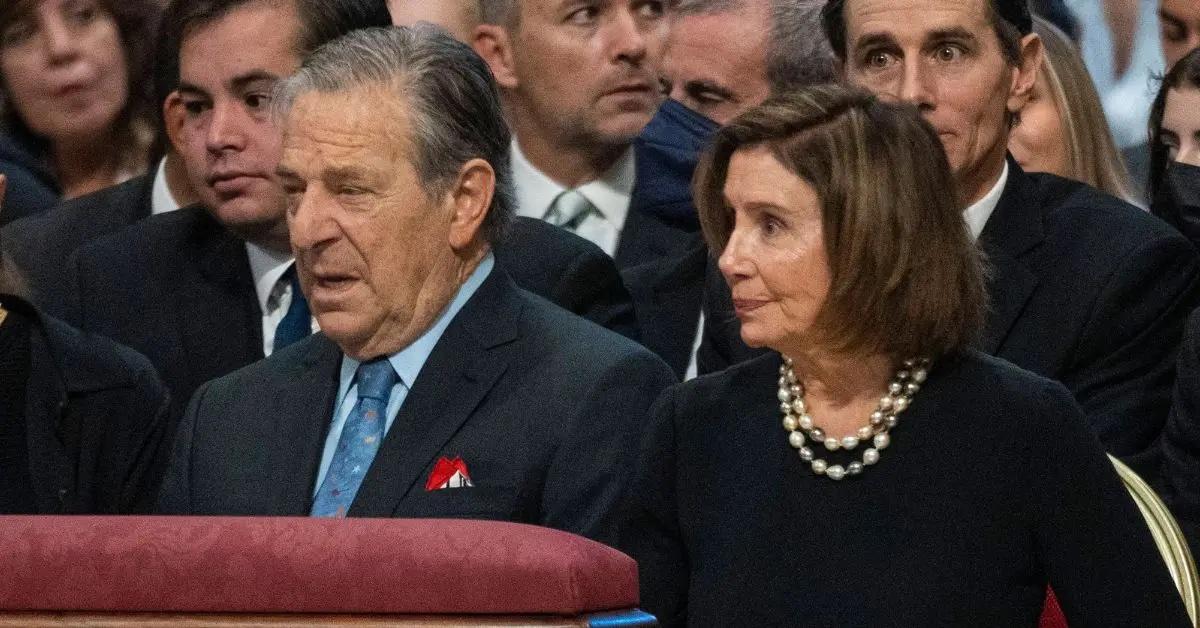Former House Speaker Nancy Pelosi's Husband Sold 30k Shares Of Google Stock Weeks Before DOJ Antitrust Lawsuit

Jan. 26 2023, Published 3:00 p.m. ET
Former House Speaker Nancy Pelosi's husband sold 30,000 shares of Google stock just a few weeks before the Department of Justice's antitrust lawsuit against the tech giant, RadarOnline.com has learned.
The sale of shares of stock in Google's parent corporation, Alphabet Inc., were done in three different transactions between December 20 and December 28, 2022, and reported by Pelosi in the January 12 Periodic Transaction Report.

The amounts ranged between $500k and $1 million, as noted in the report obtained by RadarOnline.com.
After the findings were first reported by Fox Business, some critics are under the impression it was a carefully crafted move as the DOJ and eight states came forward with a bombshell lawsuit against Google on Tuesday, alleging they engaged in anticompetitive behavior and exercised a monopoly over internet search traffic.
Sen. Josh Hawley was among those who sounded off amid the news about Pelosi. "People have asked why I named my stock trade ban the PELOSI Act. Now you know," he tweeted.
"When voters send members of Congress to Washington, they expect them to do the people's business, not to be day trading on the stock market, not to be using the information they get from briefings to go and make a quick buck on Wall Street," Hawley also told Sean Hannity.

Attorney General Merrick Garland announced they were taking legal action against Google at a press conference on January 24. A number of states taking part in the lawsuit include New York, California, Rhode Island, Virginia, and Colorado.
"Google abuses its monopoly power to disadvantage website publishers and advertisers who dare to use competing ad tech products in a search for higher quality, or lower cost, matches," the DOJ wrote in its complaint filed in Virginia federal court.

The filing accused the tech giant of resorting to "unlawful conduct to eliminate or severely diminish any threat to its dominance over digital advertising technologies."


Google fired back at the allegations, arguing the government was "doubling down on a flawed argument that would slow innovation, raise advertising fees, and make it harder for thousands of small businesses and publishers to grow."
Powered by RedCircle



